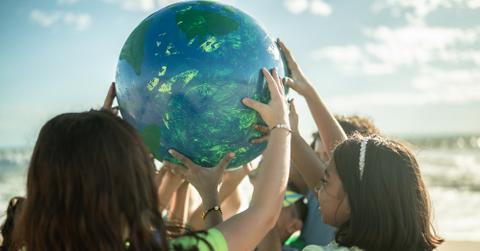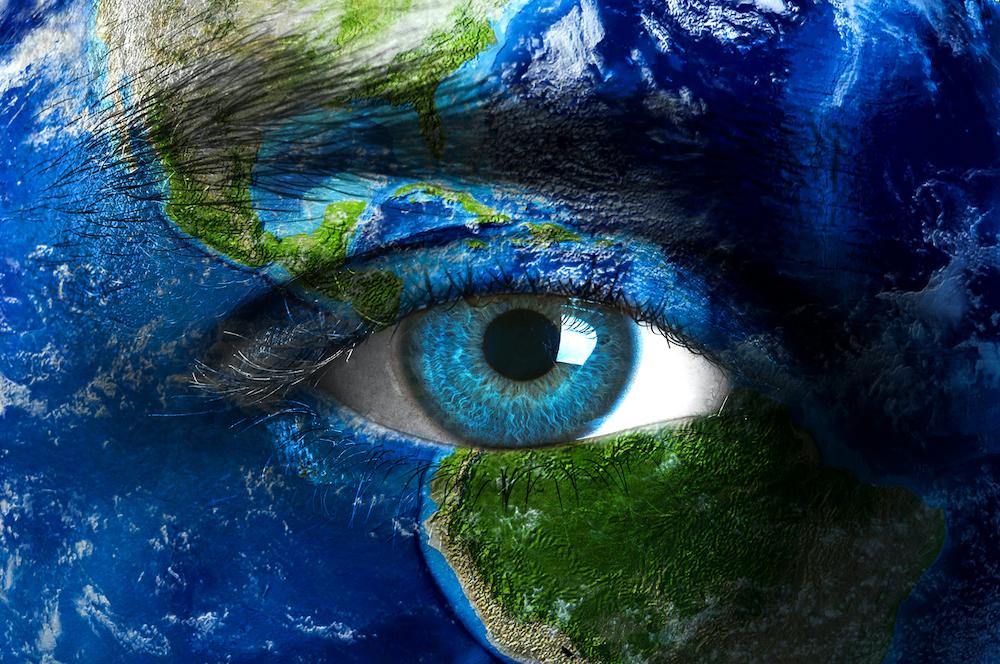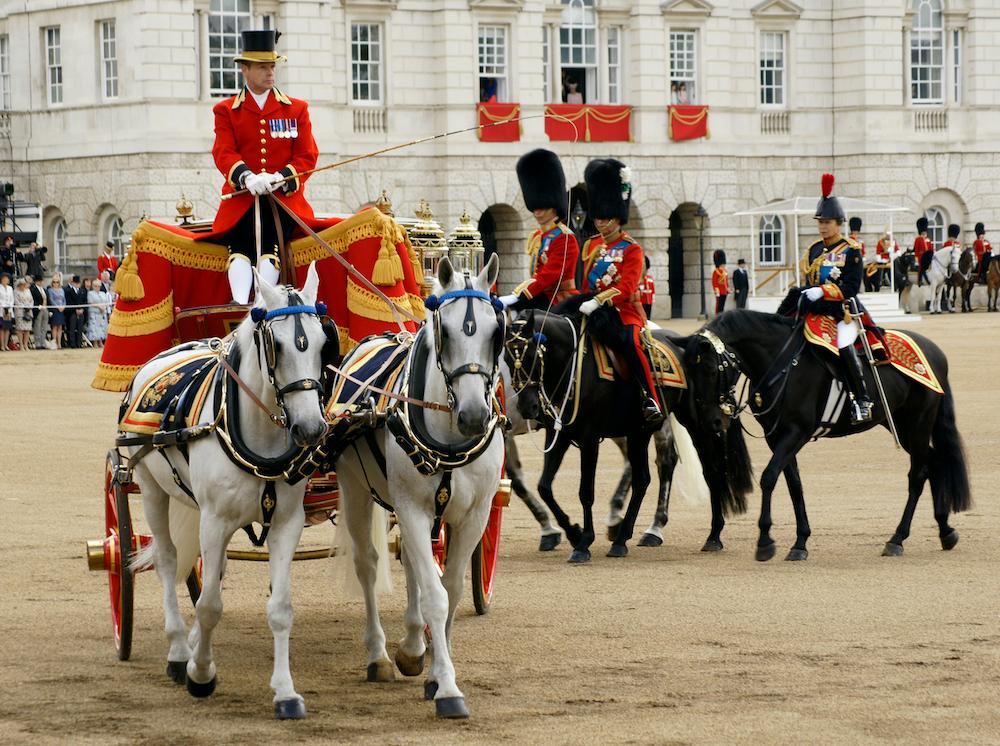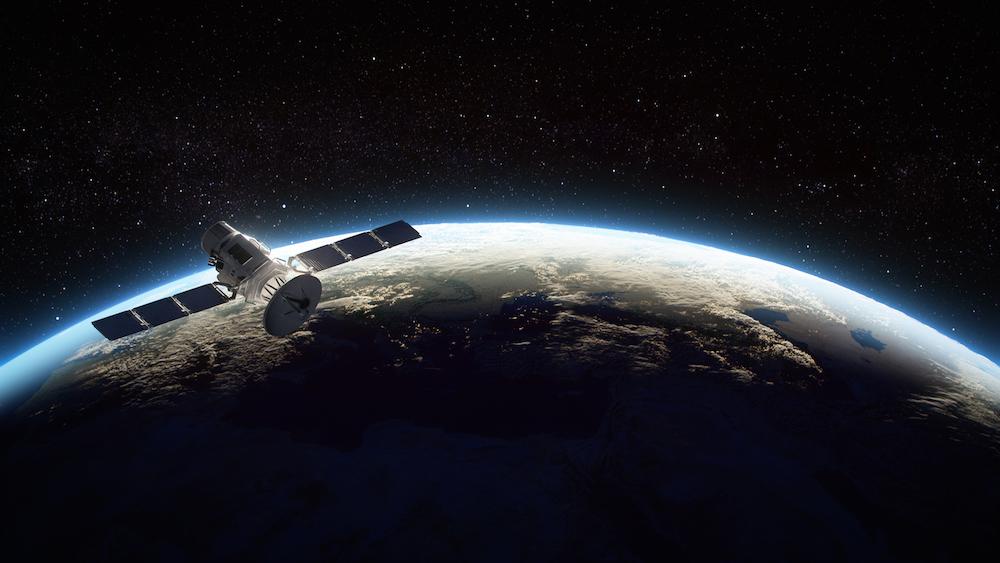In the Midst of a Global Climate Crisis We Must Stop and Ask: Who Owns the Earth?
Earth gives us everything we need, and we are obligated to safeguard our home.
Published March 11 2024, 10:37 a.m. ET

Today, our planet is facing out-of-control wildfires, iconic rivers drying up, scorching water temperatures that are destroying coral reefs, and other marine animals dying at rapid rates — the list goes on and on. It is imperative that we take action to prevent further devastation that our modern lifestyles have on the Earth. We must protect it for ourselves and for future generations.
We’ve drawn arbitrary lines and borders that remain connected by oceans, rivers, forests, deserts, and other ecosystems, yet the problems that we’re facing don't stop at borders; they're shared among all of us. Who is responsible for preventing pollution from entering our air and waterways? Who should claim ownership of the decline of our most precious natural resource? Does it fall to property owners, or nations, or royalty? Who owns the Earth?

When did property ownership begin?
Once hunter-gatherers, humans transitioned to an agricultural existence, and the concept of property ownership can be traced back to about 5,500 years ago. Later, during medieval times, the feudal system limited land ownership to the king and other nobility.
Fast forward to the 1500s when European nations explored and settled in various parts of the world, claiming lands as their own. In the U.S., this sparked homestead laws, in which people were provided land if they agreed to farm it for a certain period of time.
Today, the idea of property ownership is governed by intricate laws in each area. In fact, even submerged lands and air space can be bought and sold. So while humans may not be able to own bodies of water, they can own the ground underneath, or the navigable airspace above a property. In the U.S., land owners are subject to property taxes, which, if not paid, can result in the owner losing “ownership” of the property. So, in a sense, even property ownership of land is relative.
Who owns the most property?
When discussing who “owns” property as defined by law, an article from Business Insider in 2011 highlighted some of the world’s biggest landowners, and detailed Queen Elizabeth II as the top landowner, with an estimated 6.6 billion acres. (After her passing in 2022, this title fell to King Charles III and the rest of the British royal family).

According to an article by the Ashland Times Gazette, it’s estimated that the Earth’s surface consists of more than 120 billion acres, meaning the British royal family owns 5.5 percent of the total land on Earth.
So, who owns the Earth?
While we can argue property and riparian rights, mineral rights, and even air rights, as defined by various laws, no one individual or entity truly owns the Earth. We can look to the international space laws for some insight.

The Outer Space Treaty, which is overseen by the United Nations Committee on the Peaceful Uses of Outer Space, dictates that no one nation can own a planet. It states that: “Outer space, including the moon and other celestial bodies, is not subject to national appropriation by claim of sovereignty, by means of use or occupation, or by any other means.”
So, unless aliens claimed property rights on our planet ages ago (just kidding), one might argue that humankind owns the Earth — or rather, shares the Earth. Our planet provides everything we need for survival, and in turn we must respect our role as a tiny piece of this strange cosmic puzzle we find ourselves in. Everything we do can cause a ripple effect. Therefore, as shareholders of the Earth, we are all beholden to protect our home. After all, we’re really just renting it.